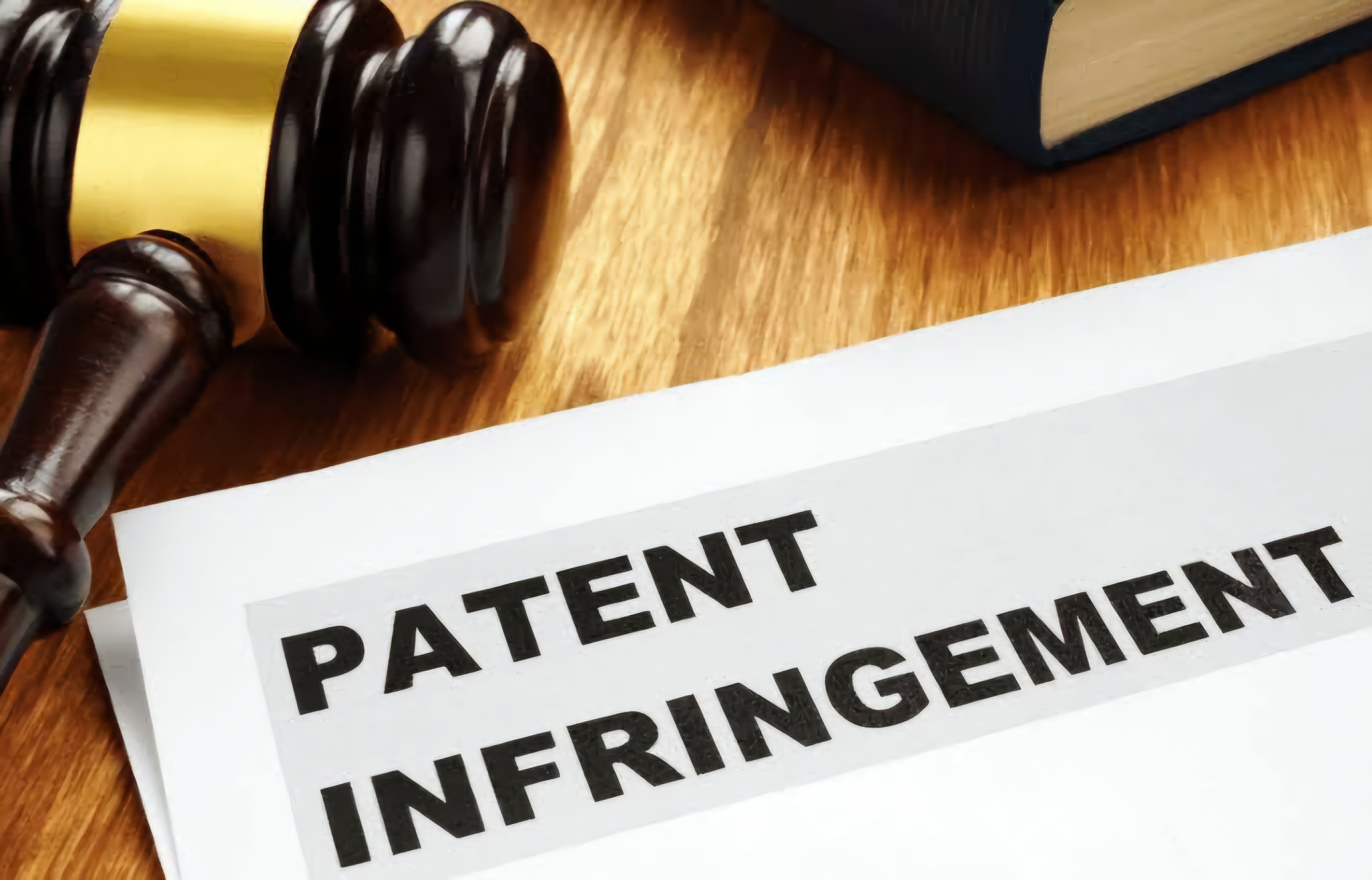


In a later ruling dated October 9, 2024, the Delhi High Court expelled an application recorded by Hoffmann-La Roche AG looking for an directive against Zydus Lifesciences Constrained in a obvious encroachment case. The pharmaceutical mammoth had charged Zydus of encroaching upon its licenses related to the sedate Pertuzumab, showcased beneath the brand title Perjeta®.
The suit, CS(COMM) 159/2024, was recorded by Hoffmann-La Roche and its auxiliary Genentech, affirming that Zydus had damaged their Indian licenses IN 464646 and IN 268632, which secured the composition and pharmaceutical definition of Pertuzumab, a basic sedate for treating HER2-positive breast cancer. Roche looked for an between times order to control Zydus from promoting or offering its biosimilar item Sigrima, which they claimed was an encroaching item.
Court’s Findings
Hoffmann-La Roche argued that Zydus had launched Sigrima despite pending hearings and regulatory hurdles, without informing the Court or the plaintiffs.
The plaintiffs claimed that by promoting a product that violated their patents, Zydus had betrayed their confidence in the court and caused irreversible harm. But Zydus insisted it had complied with the law and denied any misconduct. The business contended that, given the absence of claim mapping, which is an essential step in comparing the patented product with the purportedly infringing biosimilar, Roche had failed to prove a prima facie allegation of patent infringement. They also emphasized that no court order had prohibited them from launching Sigrima.
No Injunction Due to Lack of Claim Mapping
The Court sided with Zydus, holding that without proper claim mapping—which involves comparing the features and processes of both products—there was insufficient evidence to establish patent infringement.
Justice Banerjee noted: “Merely holding a patent does not automatically entitle a patentee to an interim injunction. The plaintiffs were unable to demonstrate through claim mapping that Zydus' product infringed their patents.”
The Court also observed that while Hoffmann-La Roche may have set out a strong case regarding Zydus' conduct, it failed to substantiate the actual infringement of its patents.
Conclusion
The Delhi High Court dismissed the injunction plea, allowing Zydus to continue marketing Sigrima. This ruling underscores the importance of establishing claim mapping in patent litigation, particularly in complex cases involving biosimilar products. The Court’s decision paves the way for further hearings on the merits of the case, but for now, Zydus Lifesciences retains the right to market its product.
Click Here to: Download/View Related File
TAGS: Delhi High Court Hoffmann-La Roche Zydus Lifesciences patent infringement biosimilars Pertuzumab Sigrima claim mapping.